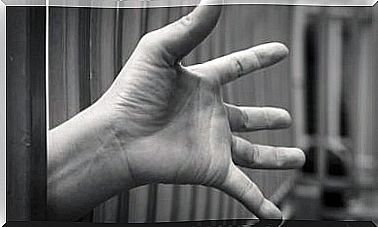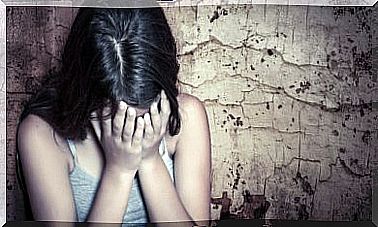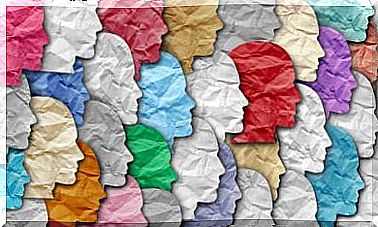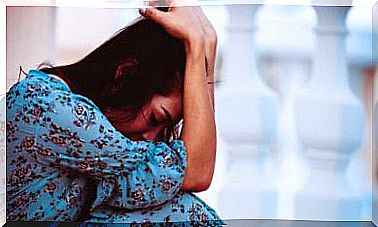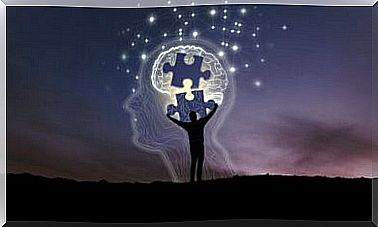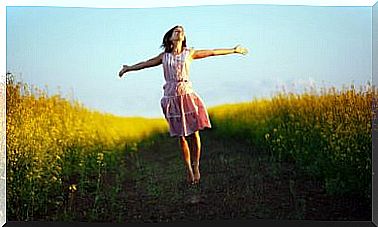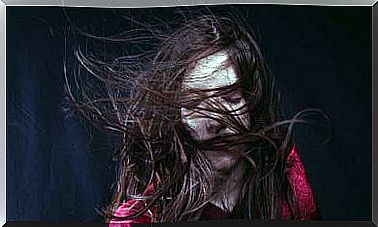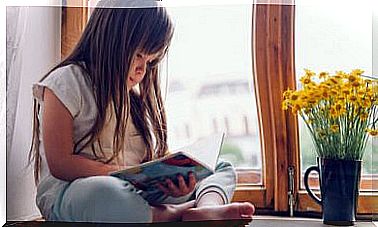Fears Also Teach Us To Be Brave
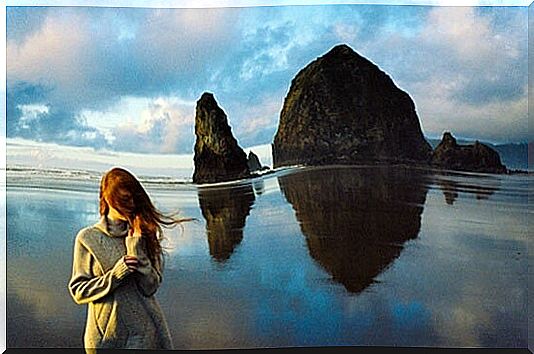
Point out a Chinese proverb that whoever fears suffering already suffers from fear. Fears are those spaces of our psychological architecture in which a large part of who we are converge.
Fear safeguards us from dangers, mediates many of our behaviors and is often that substrate from which we decide to part with one fine day to learn to be brave.
It is not obvious if we say that nobody likes to feel this emotion. Still, few emotional and psychobiological processes are so determining. Fear acts as that survival mechanism that has allowed us to advance as a species. It is like an alert system that is activated every two by three, to protect us from something, hardly discriminating if that “something” is real or imaginary.
There are rational fears and irrational fears. There are fears originated by traumatic experiences in the past and phobias of which we do not always know the origin.
This emotion, despite being natural, necessary and common to any living being, is often a bad travel companion. It is because it has the unique ability to make us see things worse than they are, to blur and fill our quality of life with darkness.
If life were a journey, we could say that fear will always be our co-pilot. We can’t get rid of it; it is impossible to convince him to step down and lose sight of him forever. Therefore, true courage lies in knowing how to drive it and preventing it from taking the wheel, taking control of our reality.
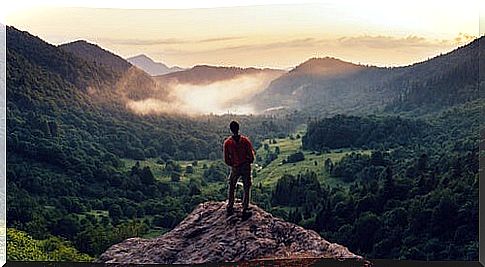
Our only option is to be brave, today, tomorrow and always
I wish appeasing our fears were as easy as someone who makes a wish or exclaims aloud a self-affirmation: “from now on I choose to be brave.” However, the formula of magical thinking does not work and more with this type of emotion so paralyzing and overwhelming.
There is also a factor that we must not ignore. When this emotional reality is installed in our lives, our physical and psychological health suffers.
It is common for our fears to be interspersed with stress. It is that light mist that accompanies us day after day filling everything we do with gray. There is fear of not reaching our goals, fear of disappointing certain people, anguish about what may or may not happen tomorrow; there is the murmur of uncertainty inflaming concern …
If you maintain that state of mind for weeks, months or years it often leads to an anxiety disorder. All this also shows us something obvious: we do not need to be in danger to feel fear. We don’t need to be in a threatening situation to experience it.
In other words, life is so complicated that it is inevitable not to feel anguish.
We can be brave despite our fears
Courage is not the absence of fear. Being brave actually implies allowing ourselves to move forward despite our fears, walking alongside them while detracting from them. Something like this requires a firm involvement with ourselves working on the following aspects:
- Challenge irrational or unhelpful thoughts. We cannot forget that fears are basically fed by those limiting, irrational and negative ideas in which the mind repeats things to us like “I can’t handle this” or “everything is going to go wrong”.
- These kinds of ideas must be defused through confrontation. To do this, nothing better than asking ourselves questions. If “I can’t handle this”, shouldn’t I perhaps try something else that does work?… When I say “everything is going to go wrong”, what do I base it on? Do I have evidence that something so catastrophic is really going to happen?
Being brave is not an option
One of the most prominent psychologists on personal growth was undoubtedly Abraham Maslow. With his humanistic approach he endowed psychology with a more optimistic perspective on the human being. One where we remind ourselves that the ultimate goal of people is to achieve self-realization and wisdom.
In one of his investigations, Maslow established fears and those emotional drives in the first step of his pyramid of human needs. It is something that we must face and overcome in order to move forward. Being brave is not an option, it is an obligation if we want to feel free, fulfilled, ready to help and inspire others.

Courage is practice and perseverance
You cannot be brave every day. There are times when strength, will and skills fail. More, when something suddenly arises for which, we were not prepared. However, we must bear in mind that courage is like a muscle, like running a marathon or lifting weights; it must be exercised with practice, perseverance, and proper mental focus.
Because brave is not really someone who does great processing. We don’t need to be heroes to wear the cloak of courage. In fact, each of us shows remarkable courage when we succeed, for example, in accepting our emotions and choosing not to empower fear or catastrophic thinking.
We are brave when we wake up each morning in spite of the failure of the will. And we are when we choose not to give up to continue nurturing hope and illusion. Let’s think about it.
